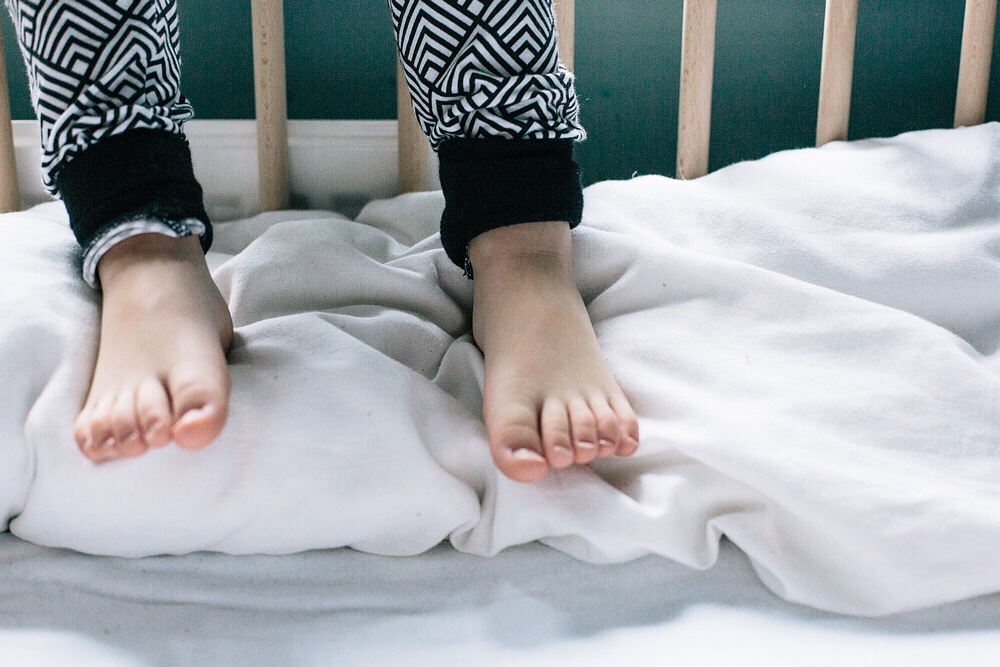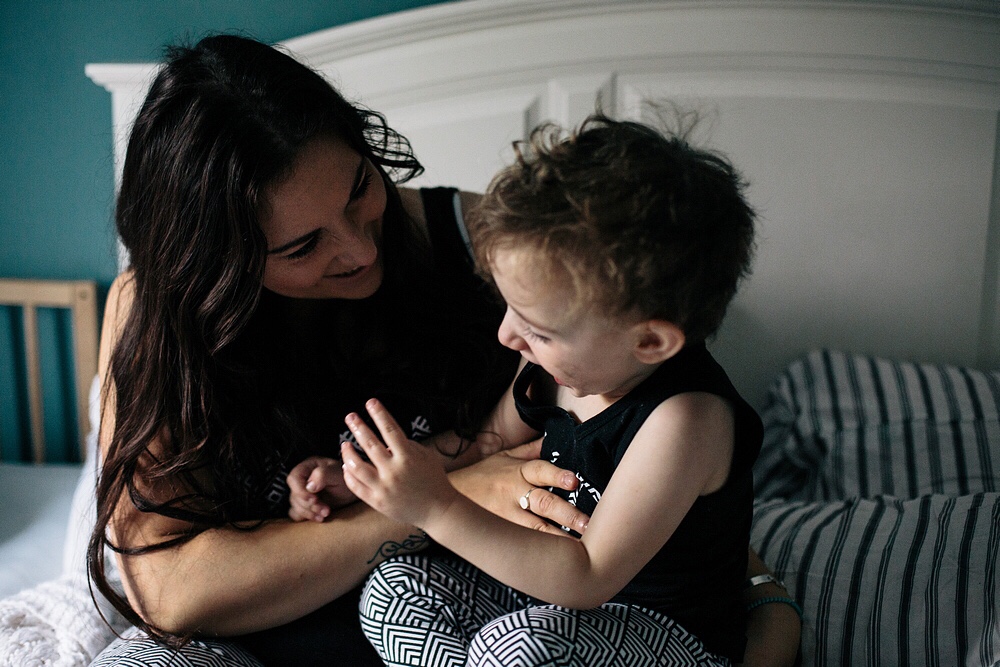*This is a sponsored guest post*
Your child might be a sleeping angel; going to bed when it’s bedtime, falling asleep soon after and actually staying asleep until morning. On the other hand, they could be… let’s just say, a little more difficult when it comes to sleepytime!
You might have a lot of trouble getting them to bed in the first place. Or they could bound out of bed every 5 minutes, asking for a glass of water, or a bedtime story, or for you to get rid of the monsters from the closet. Half the time, of course, it’s all just a clever ruse to stay out of bed!

Whatever age we are, we all need our sleep. Why? Well, because staying well rested makes us healthier, happier, kinder, more creative and more productive people. Whereas sleep deprivation can lead to us being irritable and lethargic in the short-term, while in the long-term can lead to all manners of physical and mental illnesses. So if you want your children to grow up within the former category, it pays to teach them better sleep habits at an early stage.
Here’s a few ways in which you can encourage healthy sleep habits in your child:
-
Create a cosy atmosphere
It’s all about the detail. By making your child’s bedroom a ‘sleep sanctuary’, they’ll be more likely to retreat into it when the time comes. Decorate it with muted, relaxing colours, a soft bed cover and a few cuddly toys and their bedroom will be somewhere they welcome returning to! Keep the lighting soft in the evenings with a bedside lamp. (Actually, this goes for the rest of the house too; the gentler the lighting, the better!) Finally, remember to tuck any non-cuddly toys of our view… so your little one won’t be tempted to crawl out of bed and play!
When they grow up, your kids might ditch the cuddly toys… or maybe they won’t! But still they’ll remember to keep their bedroom as a relaxing, soothing environment; not to be used as an office, a gym or an entertainment centre, but a place to sleep soundly every night.

-
Get them into a routine
If you’ve managed to get your kids brushing their teeth before bed, well, that’s the hardest part over! But still, there are more elements involved in an evening routine that you can employ to a) alert your kids to the fact that bedtime is approaching and b) help them settle down.
Start by setting a clear bedtime, and stick to it. If they go to bed 15 minutes later than usual one night, well they’ll be very indignant if they can’t get away with it the next night! Consistency is key; so don’t budge from your bedtime if you can.
Around an hour before this bedtime, bring your child upstairs, give them a bath and change them into their pjs. I used to let my little girl come back downstairs at this point and watch TV with us for half an hour; but then I noticed that she’d become more alert again and harder to settle (more on that soon). Now, after the pjs part, I read her a bedtime story with some relaxing music in the background. Or her Daddy loves telling stories, too!
The thing to remember is, use this hour to help your little ones wind down before bedtime every night. Then when they go into that cosy bedroom environment, they’ll already be on the path to a sounder sleep.
This sleep habit is particularly useful as your kids grow up. Long into adulthood, they’ll know the importance of establishing an evening routine, and will sleep better as a result. For more tips and tricks around this routine, or anything sleep-related, have a look at the The Sleep Advisor’s site.

-
Keep the screens off before bed
This is a very important habit to instil in your children early on; in fact, it’s one you may need to adopt yourself! Because our TVs, laptops, tablets and smartphone emit what’s known as blue light. This light keeps our minds alert and overstimulated; hence my trouble in getting my daughter to bed after watching TV with us. The screens of these devices actually block melatonin production in the body, too – on which we normally rely to keep us calm and relaxed.
So to help your child get to sleep sooner, turn off those screens an hour before bedtime. Set an example for them to follow and this is a very healthy sleep habit they can bring into adulthood.
With these 3 tricks – creating a calming bedroom environment, setting an evening routine and switching off devices early – your child can start to enjoy a deeper, undisturbed sleep. And they can remember these habits once they’re all grown up and responsible for setting their own bedtimes; thanks to the example you’ve set.
It may seem like a long way off yet; so here’s to a better sleep, for all your family, in the meantime.
*This post is in collaboration with The Sleep Advisor*